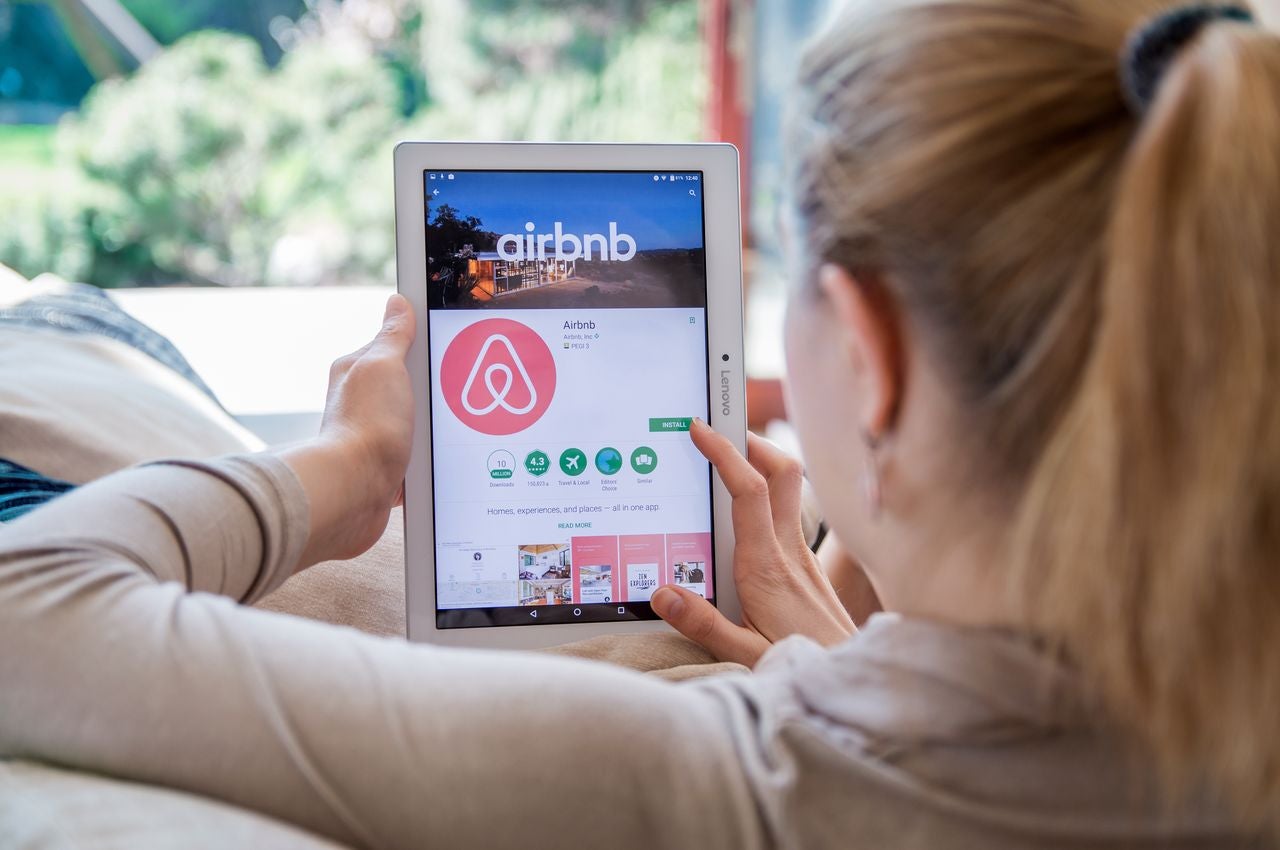As British and American authorities impose new regulations on Airbnb, its business model—which relies on ease of use—is being threatened.
While the company has been able to tackle previous regulations, the outcome this time may be different. The fundamentals of how its business operates are being directly challenged.
This heralds an existential threat to the wider ‘sharing economy’, signalling that governments are willing to intervene in the free-market transactions between individuals that the sharing economy relies on so heavily.
Airbnb faces a regulatory crisis on both sides of the Atlantic.
In New York, the new ‘Short-Term Rental Registration Law’ has passed, which ensures that homeowners offering short-term rentals (lasting fewer than 30 days) must be registered with the city. To successfully register, hosts must ensure that they live in the property whenever guests stay and may not host more than two guests at a time. The Guardian reports that fewer than 8% of the landlords that have applied have been granted the registration needed to host Airbnb guests.
Across the pond—and on a slightly smaller scale—the North Devon District Council has launched a public consultation to prevent rental properties already licensed for families and house-sharers from being rented on the inflated Airbnb market.
Other cities across Asia, Europe and North America have already restricted the number of days properties can be let as short-term rentals. In San Francisco, properties may only be used as short-term rentals for 90 days of the year—and only 30 in Amsterdam.
See Also:
This is problematic for Airbnb but also signals grave danger for the wider sharing economy.
How well do you really know your competitors?
Access the most comprehensive Company Profiles on the market, powered by GlobalData. Save hours of research. Gain competitive edge.

Thank you!
Your download email will arrive shortly
Not ready to buy yet? Download a free sample
We are confident about the unique quality of our Company Profiles. However, we want you to make the most beneficial decision for your business, so we offer a free sample that you can download by submitting the below form
By GlobalData
What is the sharing economy?
The sharing economy is a system where individuals share their assets (such as their cars or homes) with others, often using a community-based online platform.
The ‘point’ of the sharing economy is to use resources more efficiently and reduce the financial burden on people, using them to make our collective lives easier and more efficient.
Airbnb is a platform where landlords share properties among many people via short-term lets. While the company itself owns no property, it is worth more than the three largest hotel groups.
Other sharing economy firms include Uber, Lyft, Booking.com, Rent the Runway, Wework and TaskRabbit.
Regulation, regulation, regulation
Throughout its lifetime, the sharing economy has weathered several regulatory challenges. Firstly, there were the almost insurmountable Covid-19 restrictions, which made platforms such as Uber Pool untenable. Airbnb also faced challenges (with the global tourism industry essentially collapsing). However, it overcame some of these with extensive cleaning and using lockboxes for contactless stays.
Data protection laws, such as the EU’s 2018 General Data Protection Regulation (GDPR), have also posed problems to Airbnb’s business model by limiting the consumer data they can collect and what it can be used for. While Airbnb has been reprimanded for non-compliance with GDPR, it found alternative ways to operate without holding as much consumer data. However, it has been forced to stop using consumer ID data to train its security systems.
The sharing economy has also earned the contempt of industry incumbents with its suppression of existing industries—such as Airbnb squashing the hotel trade. In 2016, the American Hotel and Lodging Association launched a $5.6m campaign to lobby for regulation.
While the sharing economy and Airbnb have largely overcome these challenges, the outlook is considerably bleaker with this latest round of legislation. In New York, the new regulation effectively acts as a ban.
Why is it different this time?
Airbnb has contributed to the housing crisis in both the UK and the US.
In this, it has counteracted the ‘point’ of the sharing economy. By drastically reducing the supply of houses for local renters, housing supply becomes less efficient and prices go up, increasing individuals’ financial burden.
Essentially, it is making our collective lives more difficult and less efficient.
Hardly an isolated issue
But this is not really the fault of Airbnb. The idea of a ‘sharing economy’ is simply a contradiction in the modern world. Purely altruistic sharing is incompatible with the highly competitive fundamentals of the capitalist market that Airbnb has succeeded within.
Airbnb has become so big that it has stifled capitalist competition, becoming a monopolistic threat in the hotel industry going wildly against capitalist principles. It operates as neither a “platform for altruism” nor as an exemplar of firms under the free market.
It appears regulation is being introduced in both New York and North Devon (each equally lovely for a mini-break) to address this market imbalance. The question is: Could the same fate await other firms in the sharing economy?
It may be the case that any of these firms that currently perform well, providing ease and efficiency, could morph into monopolies and leave behind the key principles of sharing and competitive capitalism. If this does occur, authorities will legislate and regulate accordingly; the end of the sharing economy could be upon us.










Related Company Profiles
Booking Holdings Inc
Airbnb Inc
Lyft Inc
Wework Inc